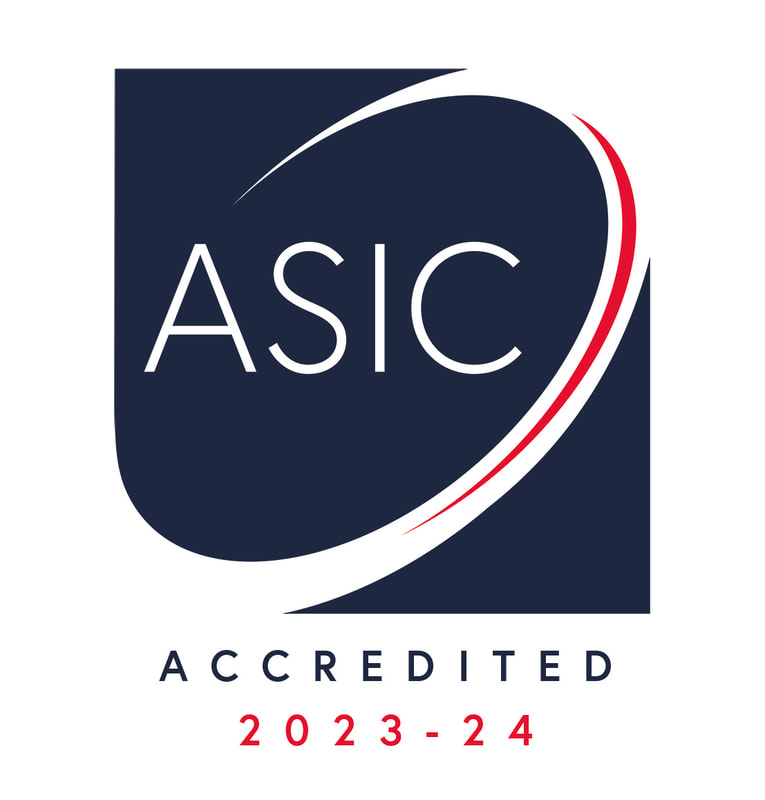Top Up Progammes
|
A Top-up degree will expand on the knowledge and skills you have obtained while studying your EUAAB qualification.
Who can do a Top-up Degree? Our Top-up degrees are designed for those who hold a EUAAB qualification. Top Up Degrees at EUAAB You will be taught by staff who are actively conducting research in your area, much of which has been recognised as world-leading, and you will benefit from the professional connections and contacts of your tutors. |
European Credit Transfer and Accumulation System (ECTS)
|
What is it?
ECTS is a credit system designed to make it easier for students to move between different countries. Since they are based on the learning achievements and workload of a course, a student can transfer their ECTS credits from one university to another so they are added up to contribute to an individual's degree programme or training. ECTS helps to make learning more student-centred. It is a central tool in the Bologna Process, which aims to make national systems more compatible. ECTS also helps with the planning, delivery and evaluation of study programmes, and makes them more transparent. Why is it needed? The differences between national systems can lead to problems with the recognition of educational qualifications from other countries and of periods of study taken abroad. Greater transparency of learning achievements simplifies the recognition of studies done in other countries. ECTS also makes it possible to merge different types of learning, such as university and work-based learning, within the same programme of study or in a lifelong learning perspective. |
How does it work? ECTS credits represent the workload and defined learning outcomes ("what the individual knows understands and is able to do") of a given course or programme. 60 credits are the equivalent of a full year of study or work. In a standard academic year, 60 credits would be usually broken down into several smaller components. A typical "first cycle" (or Bachelor's) Degree, would consist of 180 or 240 credits, whereas a typical "second cycle" (or Master's) Degree, would consist of 90 or 120 credits, with at least 60 credits at second cycle level. The use of ECTS at the "third cycle" (or Ph.D. level) varies. |
ECTS has been adopted by most of the countries in the European Higher Education Area (EHEA), and is increasingly used elsewhere. The ECTS Users' Guide describes the ECTS credit system, and how to use it. ECTS is also used in other documents that help to organise students' learning mobility, including:
- The Course Catalogue,
- The Learning Agreement,
- The Transcript of Records




